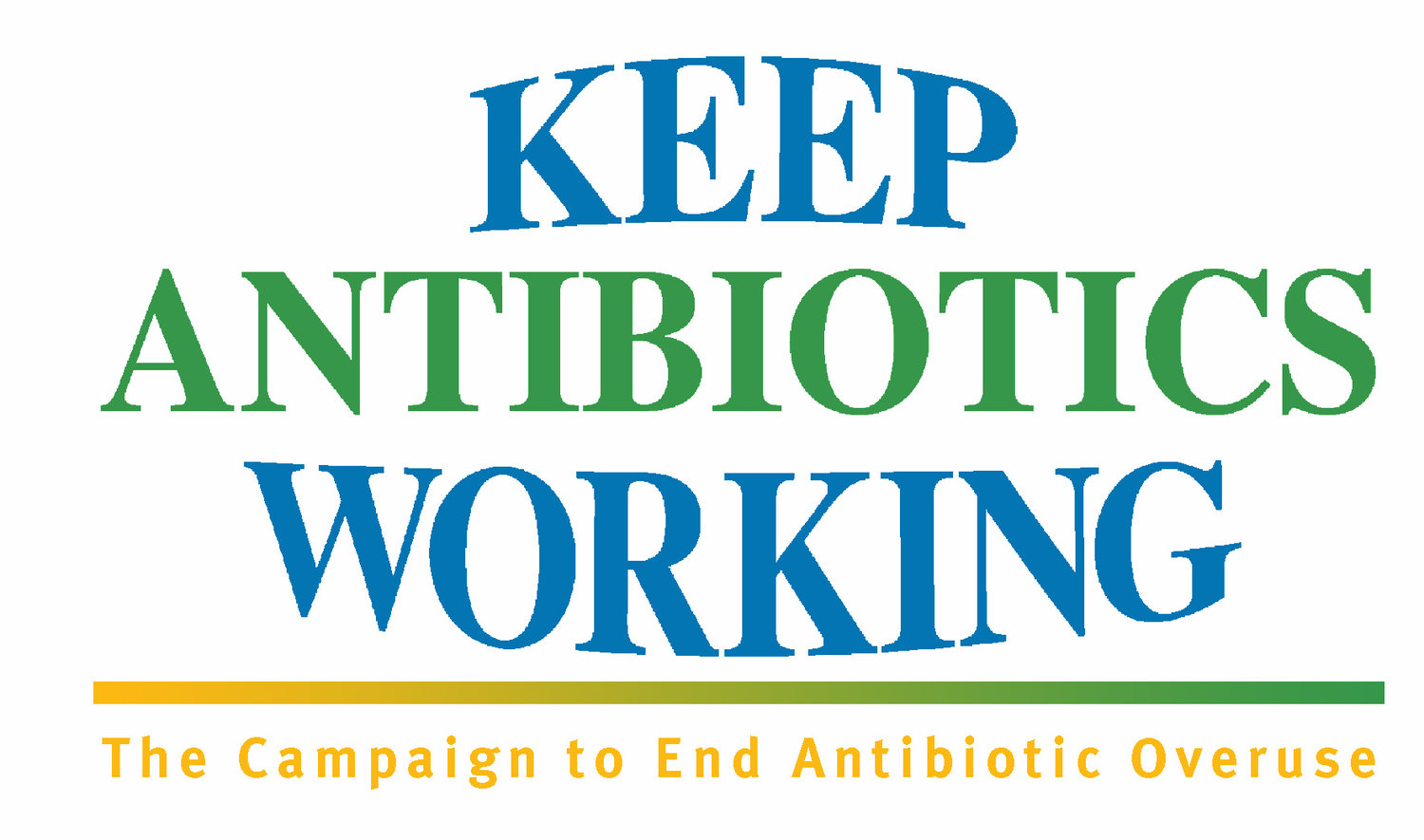STEVE ROACH, SAFE & HEALTHY FOOD PROGRAM DIRECTOR, FOOD ANIMAL CONCERNS TRUST
This blog was originally published as an OpED in the online journal The Messenger on July 7, 2023.
The recent independent expert panel review of the Food and Drug Administration’s (FDA) Human Foods Program found “a culture of indecisiveness and inaction” within the FDA, where “decision-making is unacceptably slow,” appearing “sluggish and non-responsive to public health concerns,” and suffering from “an aversion to risk that undercuts its public health mandate.” While these criticisms were directed at the broader food program, they also apply to the FDA’s response to the urgent crisis of antibiotic-resistant superbugs. The FDA is supposed to protect the American people, so is the agency dragging its feet?
Antibiotic-resistant superbugs cause approximately 1.27 million deaths globally each year. They kill someone in the United States every 15 minutes. The major cause of the spread of superbugs is the overuse of antibiotics, but the FDA, which is tasked with making sure that drugs are safe, has consistently failed to address this overuse.
A huge portion of the overuse occurs in the production of meat: an estimated 64% of medically important antibiotics are sold for livestock rather than for treating sick people. The meat industry relies on antibiotics to maintain productivity in the unsanitary facilities where most food animals are kept.
The FDA is uniquely positioned to address the problem, but — to date — has been agonizingly slow to do so.
This is not a new problem. It has been going on for decades, as demonstrated by this timeline of inaction:
● 40-year delay in ending some of the unnecessary uses of penicillin and tetracycline within the animal foods industry. This finally occurred in 2017, 40 years after the FDA determined that these uses created an unacceptable risk to public health in 1977.
● 22-year delay, so far, in developing a system to monitor antibiotic use in agriculture. The Interagency Task Force on Antimicrobial Resistance, co-chaired by the FDA, included monitoring antibiotic use as a top priority in 2001.
● 20-year delay, so far, in updating the ranking of antibiotics by medical importance since first creating the list in 2003.
● Five-year delay in withdrawing approval of fluoroquinolone antibiotic use in poultry. The FDA determined in 2000 that they had made a mistake in approving fluoroquinolones for use in poultry in 1997. They waited until 2005 to correct this known error.
● Five-year delay in beginning the simple task of adjusting sales of antibiotics for use in food animals by biomass in 2022 after taking comments on the adopted method in 2017.
In 2018, the FDA published a five-year plan to address antibiotic resistance. The plan set out the FDA’s “blueprint for guiding its activities over the next five years to combat antimicrobial resistance and preserve the effectiveness of antimicrobial drugs,” yet it includes no indicators to measure success beyond completion of planned activities.
That five-year plan finishes this year, but much work is left undone — including creating a system to collect data on antibiotic use and prohibiting the continuous use of antibiotics in feed.
Even more importantly, the FDA should prohibit the routine use of medically important antibiotics for disease prevention, as the World Health Organization called for in 2017 and which was implemented in Europe at the beginning of 2022.
Congress and the White House should direct the FDA to enact a new five-year plan that is ambitious enough to actually stop the rampant overuse of antibiotics in the meat industry. Lives are at stake.
